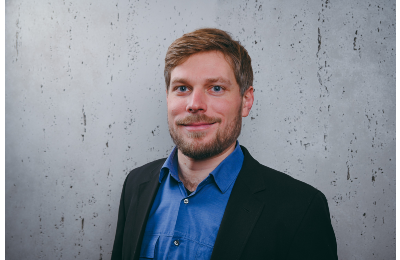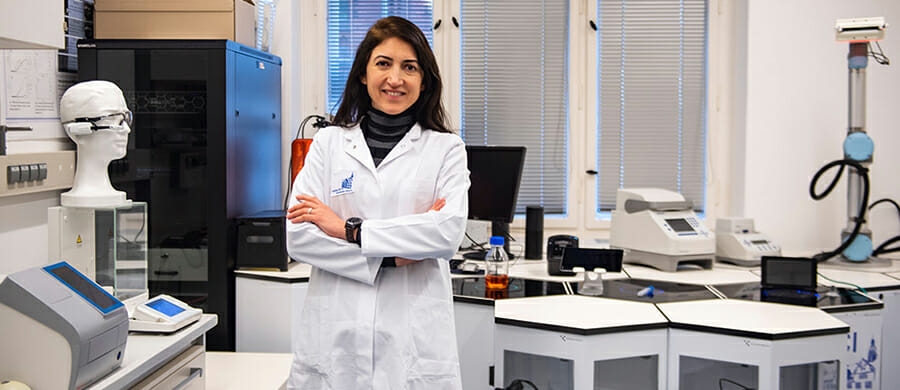Leibniz University Hannover
Centre for Ethics and Law in the Life Sciences
DATA & FACTS
Project
2024-2028
Scientific contact
Prof. Dr. Philippe van Basshuuysen
EU-Funding line
ERC Starting Grant
Projektleitung: Prof. Dr.-Ing. Arno Kwade
Projektname: „Li-Ion Pilot Lines Network“ (LiPLANET)
Keywords: Energie, Mobilität, Partner
ERC Grant for Prof. Philippe van Basshuysen’s studies on the influence of scientific models on reality
On 1 February 2024, a new ERC Starting Grant was started at Leibniz University Hannover (LUH). Prof. Dr. Philippe van Basshuysen has received the prestigious European Union funding to spend the coming five years researching how scientific models not only reflect the world but can also change it. His project MAPS – Managing Performative Science also develops strategies for dealing with this phenomenon in a better way.
The European Research Council awards Starting Grants of up to 1.5 million euros each to outstanding early-career researchers with excellent and visionary project ideas. The aim is to foster scientific independence by supporting the establishment of the scientist’s own research group. As of 1 February 2024, Prof. Dr. Philippe van Basshuysen is a professor of public health ethics at the Centre for Ethics and Law in the Life Sciences (CELLS) in the Faculty of Humanities. He will contribute to the LUH’s Interdisciplinary Studies of Science research area.
MAPS – Managing Performative Science
The background to the project is that scientific models often do not merely deliver predictions or explanations. Especially in the social sphere, they themselves often influence the objects of their predictions and explanations. Whether in economics, epidemiology or machine learning, models have an influence on the social world by influencing political decisions and individual behaviour.
This can compromise scientific predictions and explanations. For example, if an epidemiological model predicts numerous deaths, people may reduce their level of social contact, which can in turn mean that the predicted events do not occur. These developments also raise difficult ethical questions with respect to the legitimacy of science as a guideline for human affairs and the values this process is based on.
Should we welcome the increasingly practical role of the sciences in policy-making and individual behaviour? Or could this type of influence be used in a manipulative manner that potentially undermines democratic decision-making? To date, the philosophy of science has provided very little guidance in this regard. Van Basshuysen and team’s MAPS project is intended to fill this gap.

© van Basshuysen
Date: 01.02.2024
This might also interest you…

Project: ScaleUp4Sustainability
New approaches to collaboration between students and companies developed in Germany, Sweden and the Netherlands. Between 2018 and 2022, the University of Oldenburg coordinated a consortium consisting of two universities (besides Oldenburg, the University of Linköping, SE), 6 companies (including the Oldenburg companies EWE Aktiengesellschaft…

Project: decades
The chemical industry is currently facing the challenging transformation of replacing classic, chemical manufacturing processes based on petroleum with sustainable, bio-based products, in line with the concept of a circular bioeconomy. Solvents, in particular, play a crucial role in the chemical industry along the entire production chain.
